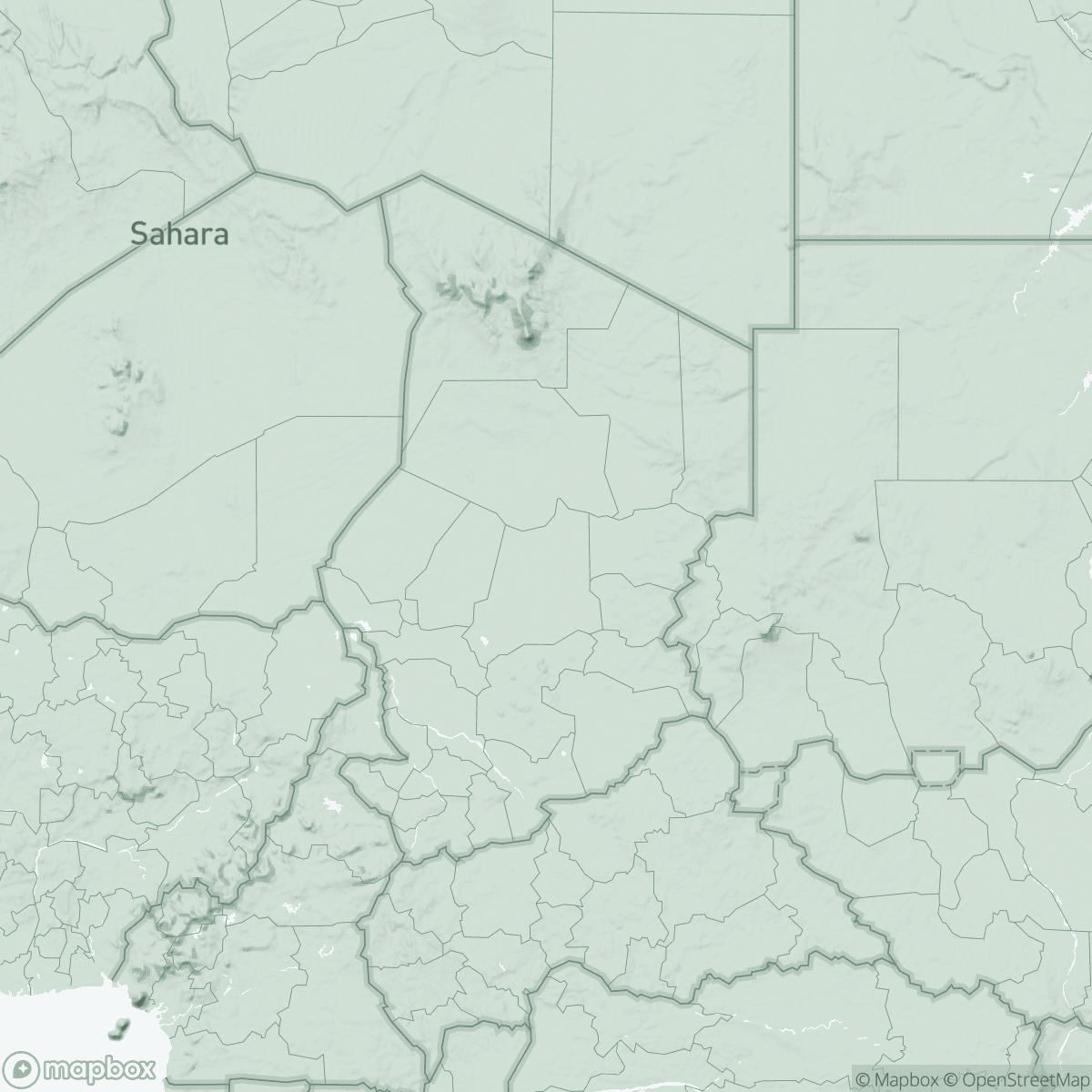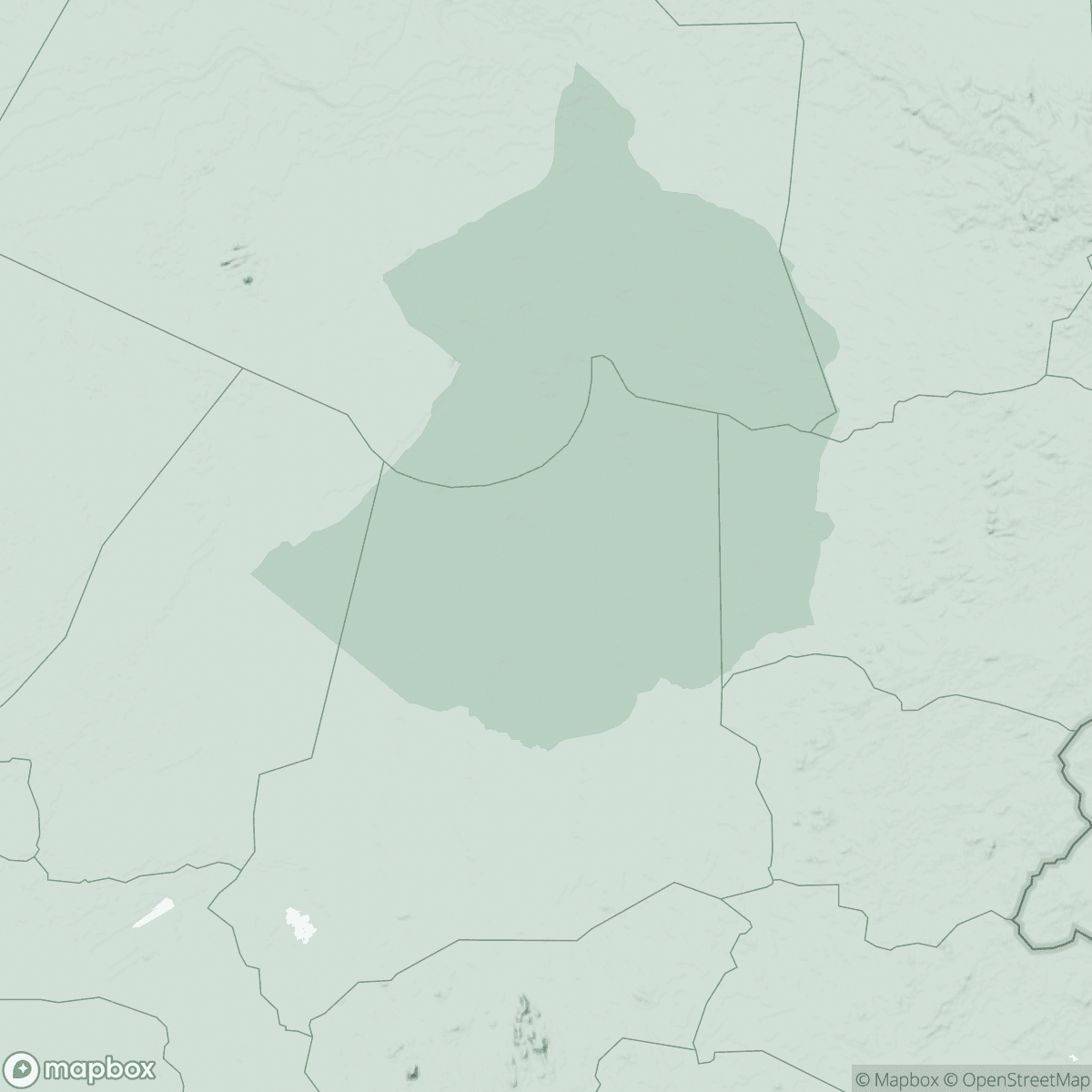
Food and humanitarian response lacking one month after floods in Koukou, eastern Chad
In 1 click, help us spread this information :
The situation in Koukou Angarana, in Sila province, Chad, and its surroundings remains critical after the devastating floods on 9 August. The floods have displaced thousands of people, destroyed homes and left health centres unable to function. The water level continues to fluctuate, with five new rises observed in recent weeks. Although the fear of a major flood is gradually receding, the needs are not decreasing.
Urgent humanitarian needs
People displaced by the floods in Koukou have set up camps where Médecins Sans Frontières (MSF) teams have assessed that people’s most immediate needs are food, water and sanitation (WASH), shelter reinforcement and primary and secondary health care. "The living conditions of displaced people in Koukou are extremely difficult. They are exposed to risks of epidemics given the lack of drinking water, people living on top of one another in the camps and the absence of health facilities." explains Julie Melichar, MSF project coordinator.
The displaced people are living in makeshift shelters. There are very few blankets, including for young children and pregnant women. The tarpaulins are insufficient and are often in poor condition. With repeated rains and storms, the lack of physical protection promotes the development of diseases such as acute respiratory infections and malaria.
MSF has set up a health post on the hill where it provides primary healthcare. Between 14 August and 9 September, MSF teams carried out 1,850 health consultations. Over 340 people had acute respiratory tract infections, 265 tested positive for malaria and more than 220 were treated for diarrhoea. MSF also provided antenatal consultations to 232 pregnant women who were also tested for malaria and provided with intermittent preventive treatment.
Access to clean drinking water is almost non-existent in Koukou. The quality of the water at the few functional sources needs to be assessed, and the quantity available does not cover the huge numbers of people in the displacement sites.
"Water sources were contaminated during the flood by a mixture of sewage and waste, including faeces," explains Melichar. "Water is not always available, pushing people to use water from wadis. Although MSF is cleaning water wells they are at risk of being contaminated again in the event of further rains or flooding. The situation remains precarious and requires an effective water, sanitation and hygiene response to reduce the risk of communicable disease outbreaks.”

Food and international response lacking
Food is also a major concern. The floods destroyed much of the food supply and made essential activities such as collecting firewood and working in the fields impossible. Many fields of sorghum, groundnuts and millet have been destroyed or are no longer suitable for cultivation. Prices have skyrocketed so what little food is available is unaffordable for many.
MSF teams on the ground consistently hear from people that hunger is their immediate concern. The sheer number of people affected means they require huge support yet, one month after the floods, many have received nothing as a large response from international organisations has yet to materialise.
“An immediate food distribution would significantly help many people here in Koukou,” says Melichar. “This would be a crucial, and much needed, first step, but despite these floods happening a month ago there has been very little in terms of international response. People can’t wait much longer.”
Concerns for people outside Koukou
As of September 3, 2024, the government has announced a total of nearly 1,500,000 people affected by the floods countrywide with nearly 260,000 hectares of fields destroyed, in 115 departments out of the 120 in the country.
With roads still largely impassable due to flooding, information about affected villages on both sides of the Wadi Bahr Azoum in Sila Province is beginning to trickle in. They describe many flooded villages, destroyed fields and people who have been displaced multiple times. Reaching these people is a logistical challenge and a rapid response from other organisations is essential to meet the most urgent needs of people, in particular to ensure access to care in areas affected by the floods and without access to care.
Chad is a country particularly vulnerable to climate change. It is frequently hit by recurrent droughts and floods and scientific projections indicate that the country will experience more days of heavy rainfall in the future.












